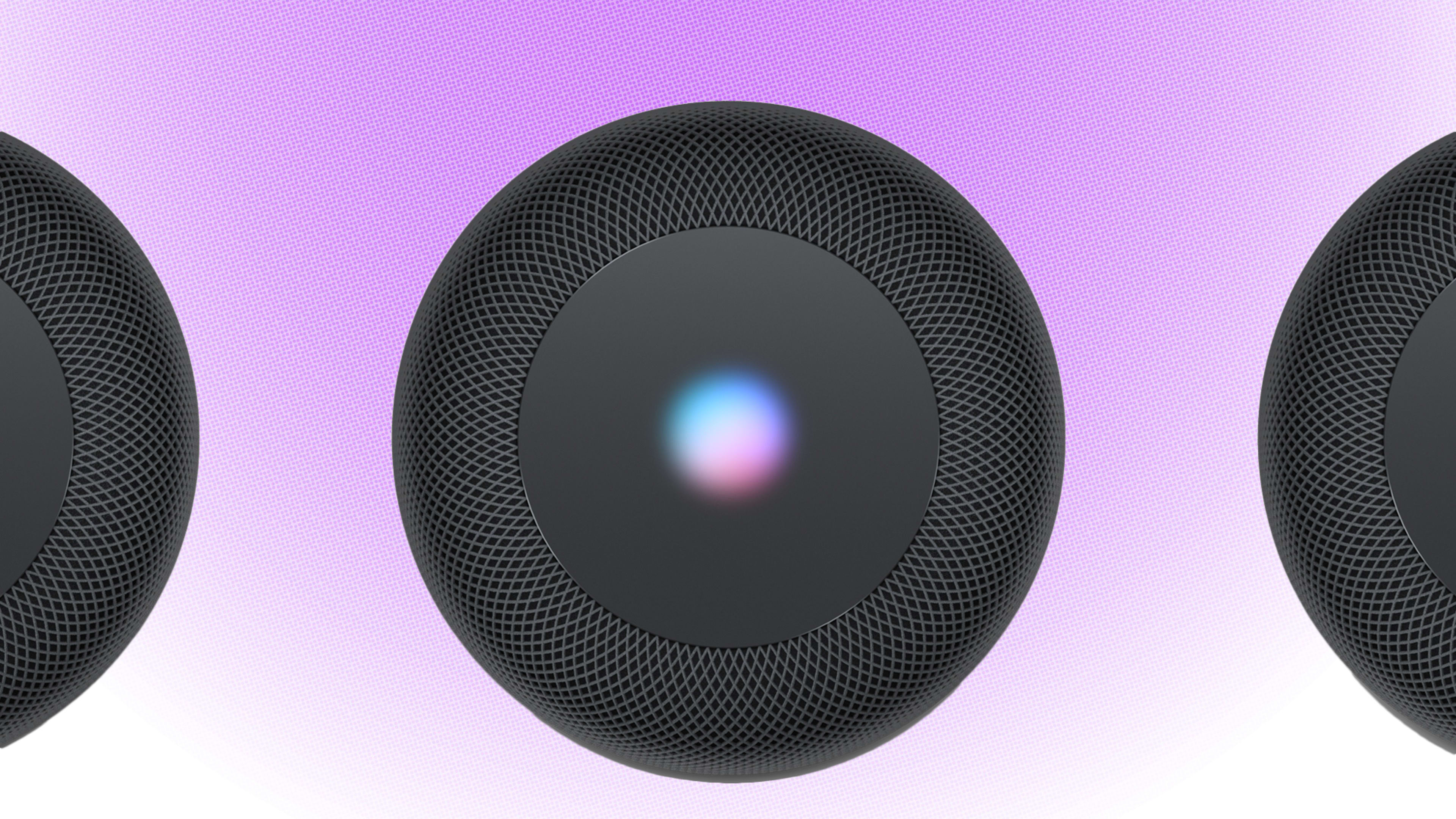Now that Apple’s HomePod speaker is here, nearly all the reviews have drawn the same conclusion: Superior sound quality, too much lock-in.
At the moment, Siri can’t load songs on HomePod from any service besides Apple Music. You can still use AirPlay on an iOS device to queue up music from other services, such as Spotify, and use Siri to pause or skip tracks once the music starts, but only Apple Music lets you start playing music with voice commands.
The Amazon Echo and Google Home are more open to third-party services. Both devices can launch music from Spotify, Pandora, TuneIn, and iHeartRadio, and Amazon supports Sirius XM as well. You can even set those services as the default for music requests instead of Amazon Music on the Echo or Google Play Music on Home.
Still, the Amazon Echo and Google Home aren’t as welcoming to third-party music services as they might seem. While the services mentioned above enjoy the same privileges as Amazon’s and Google’s own music offerings, others either have limited functionality or are shut out entirely. This creates an opportunity for HomePod to become a more open platform than its competitors. And all it would take is one change to the way Siri works.
No Room For More
On Alexa devices such as Amazon’s Echo, any music service can create its own skill for loading songs and controlling playback. Several radio stations have used these tools to deliver live music streams, and Plex offers a skill that lets users listen to their personal music collections from a local media server.
But compared to the services Alexa goes out of its way to support—Spotify, Pandora, TuneIn, iHeartRadio, and Sirius XM—these ones are second-class citizens. Users can’t set them as the default for music playback or have them play synchronized audio across multiple speakers. They also require specific voice syntax, such as “Alexa, ask Plex to play songs by John Scofield,” whereas Amazon’s first-tier services allow for more natural-sounding requests.
Google Home is even more restrictive. So far, Google hasn’t opened up any developer tools related to music playback, which means Spotify, Pandora, TuneIn, and iHeartRadio are the only music services that Google Home supports.
What does all this mean for other music services like Bandcamp, Tidal, and Soundcloud? If they want to have a presence on the Echo or Home, they’ll need to work things out directly with Amazon and Google, assuming that those companies are interested enough to make the effort. That’s not the same as having an open platform on which all services can create their own integration.
Apple’s Angle
Apple is already in position to offer that kind of openness with Siri on HomePod. The company just has to create a “domain” for music playback, similar to the ones that already exist for to-do lists, reminders, and messages. With domain-level support for music, all services would share a common set of voice commands and could get themselves onto HomePod via Siri on their own, creating a level playing field for Spotify, Pandora, and even smaller specialty players.
Of course, it’s possible that Apple doesn’t want to open up Siri to other music services, preferring instead to make voice control an exclusive Apple Music feature. But Apple is still primarily in the business of selling hardware, and supporting more music services would help push more HomePods. Besides, the company isn’t having trouble getting people to sign up for Apple Music–the service is reportedly on pace to overtake Spotify in the United States this year–and there are other ways Apple could lure in more subscribers to its own service through HomePod, such as offering extended free trials.
So here’s a thought experiment: Let’s say Siri opens up to third-party music services. Spotify–not wanting to cede any more ground to Apple Music–jumps aboard, followed by other services like Pandora and Tidal that see an opportunity to expand their own subscriber numbers. As HomePod sales climb upward, would it make sense for Amazon Music and Google Play Music to ignore Apple’s smart speaker, or would they want to ensure their own relevance by finding a home on Apple’s music player?
If all of this comes to pass, HomePod could end up with even broader music support than smart speakers from Amazon and Google, neither of which are going to work with one another’s music services anytime soon. And Apple’s speaker would still have superior sound quality to boot.
Recognize your brand’s excellence by applying to this year’s Brands That Matter Awards before the early-rate deadline, May 3.
